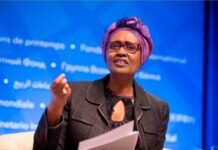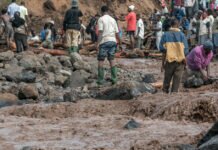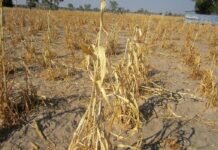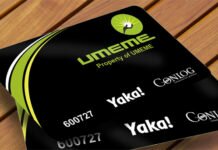
Uganda’s Foreign Minister, Sam Kutesa has been named in Paradise Papers- a global investigation that reveals the offshore activities of some of the world’s most powerful people, Multinational companies, wealthy individuals, heads of state, politicians and sports stars from around the world.
The Paradise Papers outline the tax and financial affairs of hundreds of people and companies connected to Appleby and the 19 tax havens, with many appearing to have invested or sheltered huge amounts of cash in offshore tax havens
Kutesa is listed with some of the biggest names to emerge so far include the Queen, Facebook and Donald Trump’s cabinet members and advisers.
The report says, Sam Kahamba Kutesa Uganda’s foreign minister and former president of the United Nations General Assembly during its 2014-2015 session, created the Obuyonza Discretionary Trust in the Seychelles in 2012. The trust held shares in the Seychelles Company Katonga Investments Ltd.
Hon. Kuteesa created the trust, watched over its administration and was one of its beneficiaries.
Kutesa’s daughter, Ishta, also is listed as a beneficial owner as well as a future recipient of money from the trust. An internal Appleby document from 2015 reported that the company’s intended activities were “consultancy, investments, trading and airport services in Uganda.”
The money for Katonga was to come from Enhas Uganda Ltd., another Kutesa entity, Appleby’s notes state.
Kutesa has owned Enhas, a ground-handling service at Uganda’s Entebbe Airport, since the 1990s.
In 1998, a Ugandan parliamentary committee named Kutesa and another co-owner in a report criticizing the privatization that helped create Enhas and led to its lucrative airport contract. The report concluded that the privatization had been “manipulated and taken advantage of by a few politically powerful people who sacrifice the people’s interests.”
As part of a periodic review in 2015, Appleby labeled Kutesa’s companies a “high risk,” given his political role and media reports of alleged corruption and bribery involving Kutesa. Kutesa told Appleby that the purpose of the trust was to separate his government income “from his personal assets and belongings.”
In 2015, however, Appleby noted that the companies connected to the trust were dormant and that “it seems that nothing such is being done.”
Response
Kutesa confirmed to International Consortium of Investigative Journalists (ICIJ’s) media partner in Uganda, The Daily Monitor, that he established the companies, but “I have never done anything with it at all. I told Appleby to close it many years ago.”
He said he had registered a company in Uganda and is paying taxes. “I thought you could avoid, not evade, taxes but I found it was not practical, and unnecessary,” Kutesa told the Daily Monitor. “I don’t have anything to hide.”
Why is it controversial to put money offshore?
Offshore tax havens typically offer low or zero tax rates to non-residents who keep money there.
Experts estimate that around $10 trillion (£7.6 trillion) is held offshore around the world.
That money would potentially otherwise be taxed in the owner’s home country, meaning governments are potentially missing out on billions in revenue.
READ: Where do they get money?- I have worked for 50years, I don’t own Kampala-Wavamunno












































